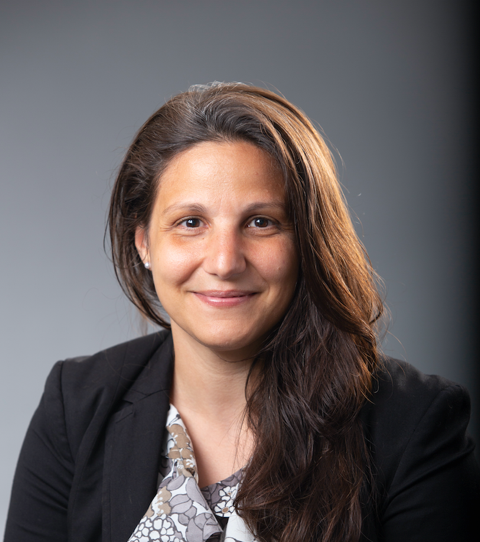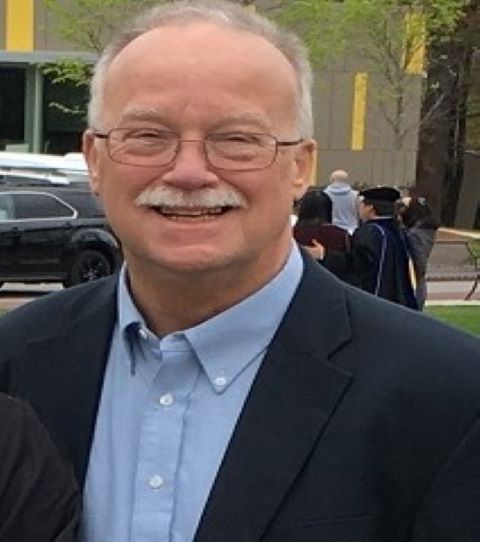People with serious mental illness (SMI) die approximately 10–25 years earlier than the general population, irrespective of geography or race and ethnicity. Poor health behaviors are identified as the prominent contributors to preventable early mortality. As such, self-management interventions were developed to promote positive health behavior change to address these modifiable risk factors in people with SMI. Yet, after billions of dollars and decades of research dedicated to developing interventions and disseminating evidence, the mortality gap between those with SMI and the general population is increasing. A new paradigm must be explored.
Join us as Karen Fortuna, PhD, LICSW and Robert Walker, MS, co-founders of the Collaborative Design for Recovery and Health, discuss the first-ever research agenda to address early mortality led by people with SMI. As an international collaborative of patients, peer support specialists, caregivers, policymakers and payer systems, the Collaborative uses community-based participatory research to facilitate the development, evaluation, and implementation of digital tools that leverage mobile health to address needs identified by community members from vulnerable populations.
• Develop an understanding of addressing health disparities through engaging in community-based participatory research
• Examine different models of outreach to engage with vulnerable populations
• Develop an understanding of the state of the science of the early mortality health disparity and people with serious mental illness
 Karen Fortuna, PhD, LICSW holds a doctorate in Social Welfare and a master’s degree in Social Work. Dr. Fortuna is an Assistant Professor of Psychiatry at the Geisel School of Medicine at Dartmouth College. Her primary research interest is service delivery strategies for older adults with serious mental illnesses and chronic health conditions. Dr. Fortuna is using community-engaged research methods to develop and implement peer-supported mobile health (mHealth) intervention. She was awarded the NARSAD Young Investigator Grants from the Brain and Behavior Foundation and the Alvin R. Tarlov & John E. Ware Jr. Award in Patient Reported Outcomes for her work. Dr. Fortuna served on the International Standards Advisory Committee to develop the first-ever international accreditation standards for behavioral health care for older adults. Her work can be seen in numerous book chapters on digital peer support, in peer-reviewed journal publications, and in Forbes Magazine and Innovators Magazine. She currently serves as editor of the Journal of Participatory Medicine.
Karen Fortuna, PhD, LICSW holds a doctorate in Social Welfare and a master’s degree in Social Work. Dr. Fortuna is an Assistant Professor of Psychiatry at the Geisel School of Medicine at Dartmouth College. Her primary research interest is service delivery strategies for older adults with serious mental illnesses and chronic health conditions. Dr. Fortuna is using community-engaged research methods to develop and implement peer-supported mobile health (mHealth) intervention. She was awarded the NARSAD Young Investigator Grants from the Brain and Behavior Foundation and the Alvin R. Tarlov & John E. Ware Jr. Award in Patient Reported Outcomes for her work. Dr. Fortuna served on the International Standards Advisory Committee to develop the first-ever international accreditation standards for behavioral health care for older adults. Her work can be seen in numerous book chapters on digital peer support, in peer-reviewed journal publications, and in Forbes Magazine and Innovators Magazine. She currently serves as editor of the Journal of Participatory Medicine.
 Robert Walker, MS, COAPS is a state peer specialist’s organizer with lived experience with a mental illness. He is on the National and Local Peer Advisory Board for a Patient-Centered Outcomes Research Institute-funded project based at Dartmouth College, organizing the voice of lived experience with behavioral health conditions to influence research and serving as the voice of persons served in the public mental health system to influence public policy, services, and programs. He is employed with the Massachusetts Department of Mental Health.
Robert Walker, MS, COAPS is a state peer specialist’s organizer with lived experience with a mental illness. He is on the National and Local Peer Advisory Board for a Patient-Centered Outcomes Research Institute-funded project based at Dartmouth College, organizing the voice of lived experience with behavioral health conditions to influence research and serving as the voice of persons served in the public mental health system to influence public policy, services, and programs. He is employed with the Massachusetts Department of Mental Health.
Peer support specialists, researchers, administrators, behavioral health care professionals, state and local policymakers, and community advocates